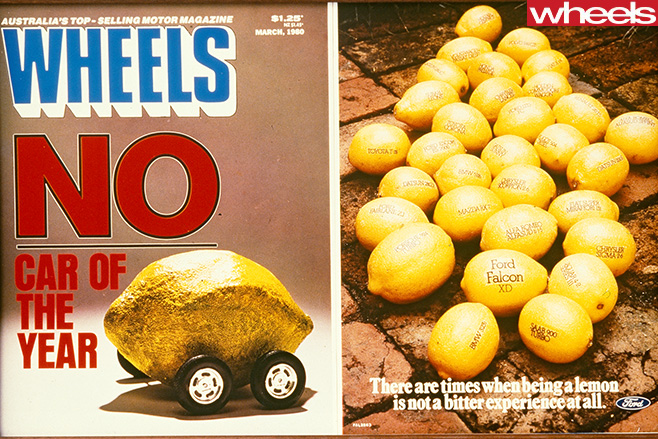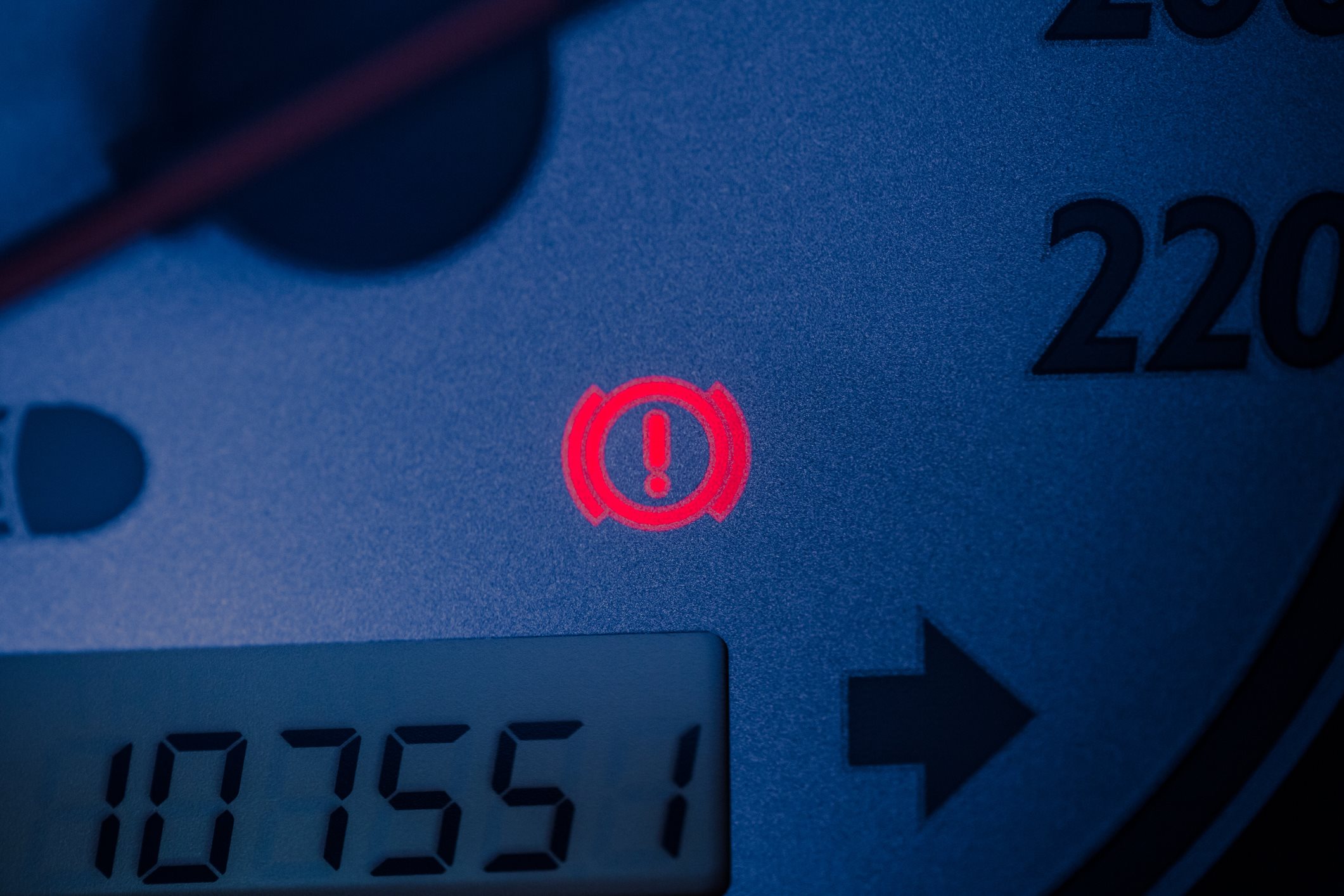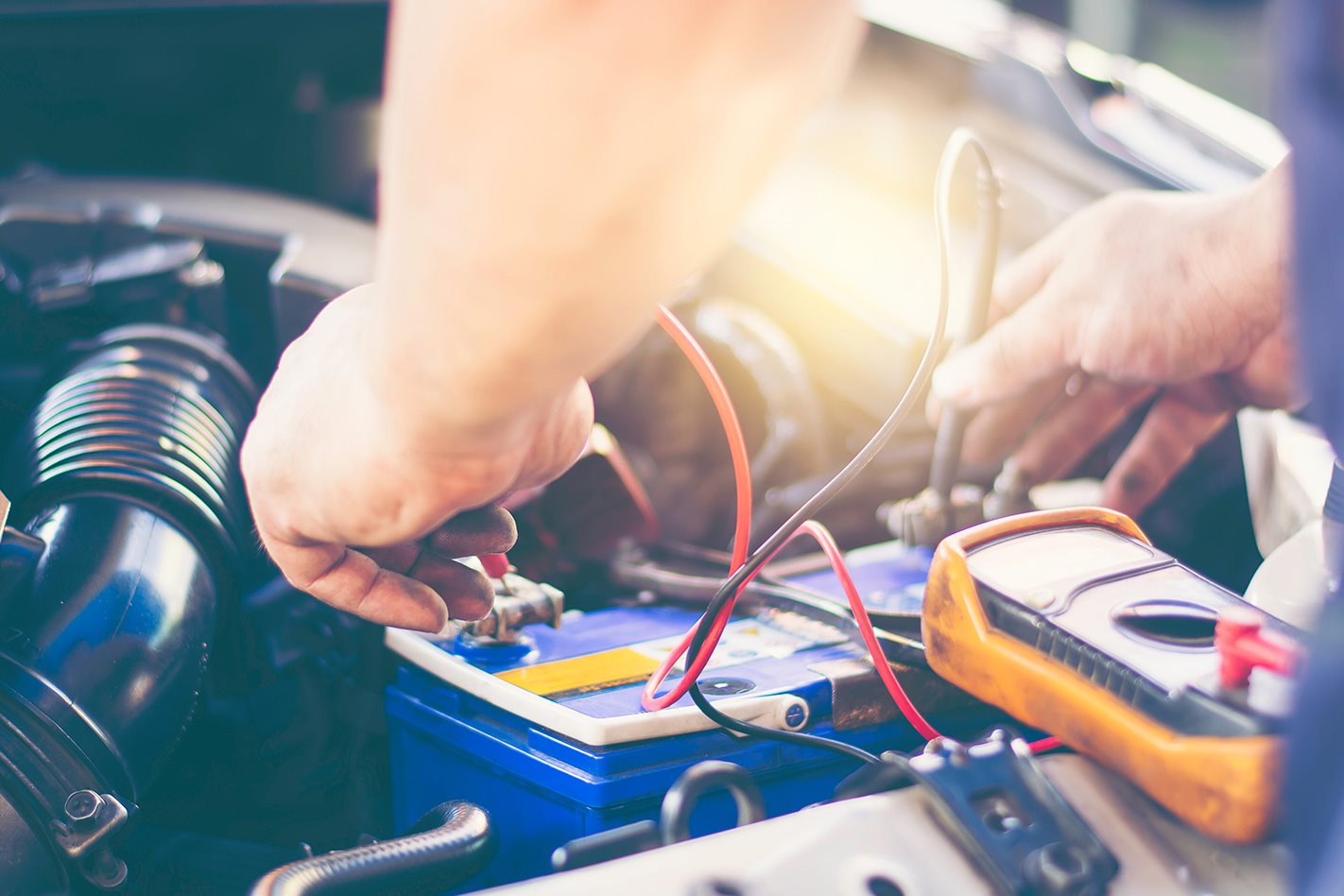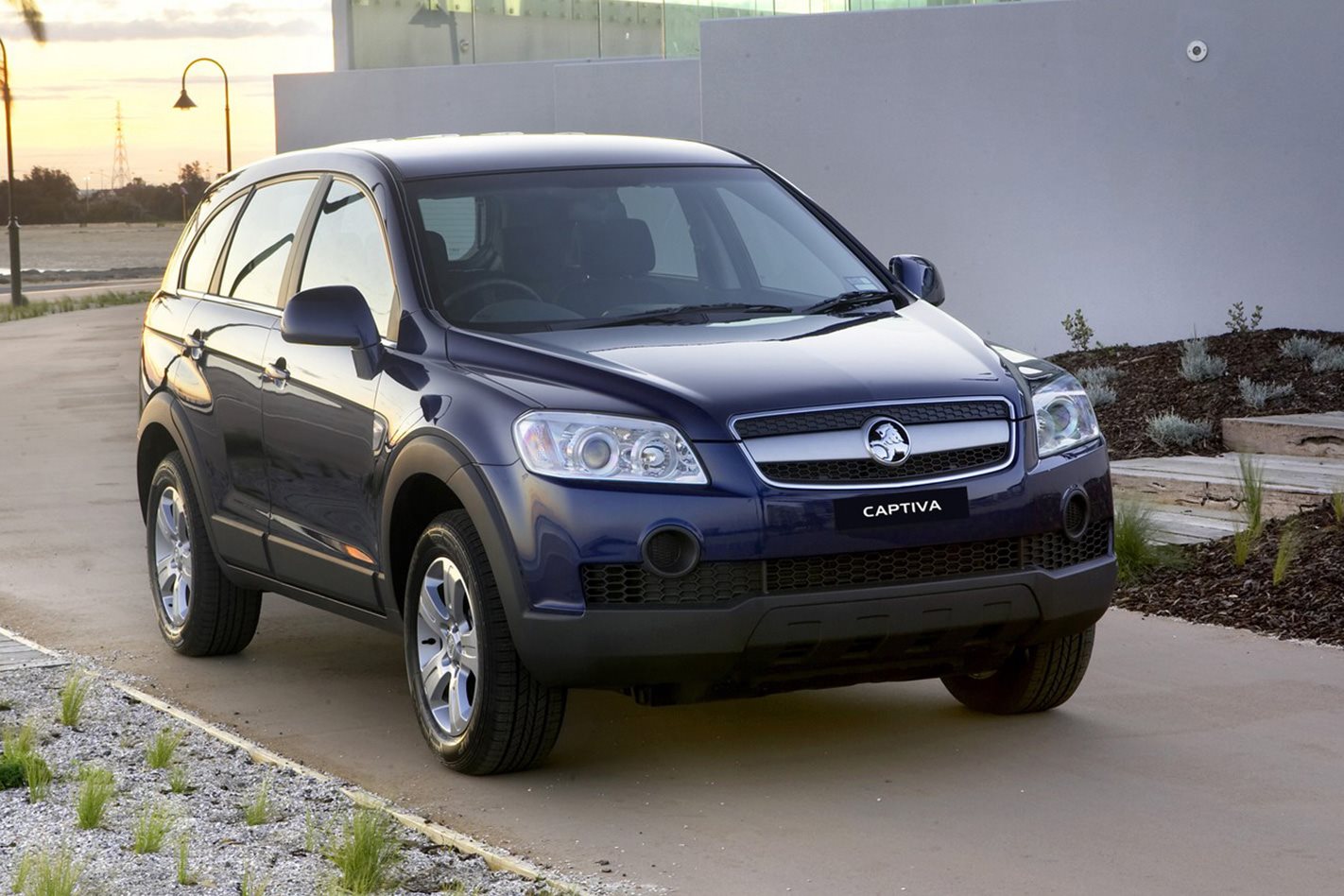Snapshot
- Each state has its own rules, some better than others
- Critics say Australian Consumer Law doesn’t go far enough
- Industry representatives say ombudsman is a waste of money
Consumer groups are calling for a better system of redress for buyers who get stuck with ‘lemon cars’, saying the existing legal measures don’t go far enough.
Lobby group Consumer Action Law Centre, together with WEstJustice Western Community Legal Centre, want the Victorian Government to commit to creating a dedicated motor vehicle ombudsman to tackle the issue of buyers being unable to get help when something goes wrong with their new car.
At present, Australian Consumer Law, upgraded in 2011, guarantees that buyers have a right to a safe, durable, and fit-for-purpose car that is free from major and minor failures.

However, when a new car is defective after purchase and it is proving difficult or impossible for the person to get it repaired, replaced or refunded through a dealer, needing to enforce their rights through the Victorian Civil and Administrative Tribunal (VCAT) is a process which can be expensive, slow, and inaccessible without a lawyer.
An expert evidence report is generally required for ‘lemon car’ disputes at tribunal and can cost anywhere between $800 to $2000.
As a result, the call is being made ahead of the upcoming Victorian election in November, with the aim of a lemon car ombudsman being instated in 2023.

“It’s a shocking fact that every year thousands of Victorian families and livelihoods are shattered because we don’t have a fast, accessible and affordable way to resolve lemon car disputes,” said Tania Clarke, director of policy and campaigns at the Consumer Action Law Centre (CALC).
“We rely on our cars for daily life: to get to work, school, health appointments and the shops. Cars can be a crucial part of a safety plan – a way to flee family violence or to evacuate during bushfires and extreme weather events. In Victoria’s regional, rural and outer metro areas that lack public transport, including our rural Koori communities, cars are essential.
“The way to help families quickly is with a dedicated ombudsman for motor vehicles who can help get Victorians on the move,” said Ms Clarke.
Though ombudsman schemes already exist for utilities providers, lenders, and insurers, there currently is not one covering the automotive industry – even though car dealers are licenced by the Government.

“We have written to the Victorian Government to urge it to commit to an ombudsman scheme for motor vehicles that is accessible, affordable and timely,” Clarke added.
“A progressive user-pays funding model, like other ombudsman schemes, would incentivise car dealers to resolve complaints quickly, and rewards car dealers that don’t create consumer problems in the first place.”
“Right now, communities in Melbourne’s Outer West are penalised over and over again if they buy a car and something goes wrong,” said Melissa Hardham, CEO of WEstjustice.
“If you can’t access remedies in a timely and fair way to get your car working again, or access an appropriate refund, then it leads to compounding transport poverty. People who have to wait months or years for an outcome at VCAT are people who can’t get to work, training, or essential health and community services during that time.
“We need a better and faster pathway for these disputes,” she said.

According to CALC, approximately 25-30 per cent of calls to its legal advice lines about consumer guarantees relate to defective cars, and Consumer Affairs Victoria receives more than 3000 vehicle consumer guarantee complaints per year.
But the Victorian Automotive Chamber of Commerce (VACC) says installing an ombudsman is a waste of Government funds because there is already a system in place and the money required to establish the position should be directed elsewhere.
“Less than three per cent of queries recorded by Consumer Affairs Victoria relate to automotive retail, according to recent VACC research,” said VACC CEO Geoff Gwilym.
“If the industry or consumers, or both, are levied to provide yet another consumer complaints service, it would eventually amount to another motorist cost.
“The proponents of a lemon car ombudsman state more than 3000 vehicle complaints are received by Consumer Affairs Victoria each year. But how many are valid?”
Responding to the claim, CALC director Tania Clarke said: “Lemon cars are not a small problem. Everybody knows someone who has had one and what terrible trouble they bring. Everyone we have been talking to acknowledges that VCAT is not working for lemon cars. We have written to the VACC and are happy to talk about what we see from the people who call our helplines.”
Single mum-of-three Erin, 26, from Geelong, who has asked us not to use her last name, found this out herself the hard way when she bought a 2015 Kia Sorento from an independent used-car dealer in Melbourne in January this year.
She says she’d had the car for just two hours after purchase when the ‘check engine’ light came on and it overheated. The independent dealer, who we cannot name for legal reasons, attempted to fix it twice to no avail – eventually sending it to Kia in Geelong for an inspection which found the head gasket had gone. The vehicle was then sent back to the independent dealership where it remains now.

“I just want my money back. It cost me $30,000 on finance – which I still am paying but with no car to show for it. They [the independent dealer] said they are obligated to fix it, but they’ve had plenty of chances. They’ve been so rude, the feeling I get is that they think ‘you’ve purchased the car, it’s your issue’,” Erin told Wheels.
“They still have it at the moment and are demanding I come and collect it or they’ll charge me storage fees – but the dealership I bought it from is almost two hours away.
“I lost my job because of all this – the stress, the time off. I have three kids – I need a car. I’m just borrowing cars from friends and family at the moment here and there, or spending money I don’t have on Ubers to be able to get my children to school and daycare otherwise it’s an hour’s walk each way.
“I will never again buy a second-hand car. I sold my Mazda CX-9 to ‘upgrade’. Worst decision I’ve ever made.”

The Australian Automotive Dealers’ Association (AADA) says the problems buyers have with lemon cars could be better solved by only purchasing through licensed dealers.
“Unfortunately cars are extremely complex and sometimes things do go wrong. When they do, we recommend that consumers contact their dealer immediately. New car dealers are ready, willing and able to help and will work hard to resolve the issues and get their customers back on the road,” Chief Operating Officer Brian Savage told Wheels.
“When buying a car, consumers should consider the obligations of the seller and their ability to meet those obligations. Cars sold privately come with no protections for the buyer and there are also unlicensed traders out there who are not to be trusted and operate outside of the motor car trading laws and the ACL [Australian Consumer Law].
“Unsafe, defective and unreliable vehicles are more likely to be sold by those who can avoid their ACL and other legal obligations and instead of appointing an ombudsman, we would strongly recommend that consumers deal only with reputable, licensed dealers who have the customer service skills, knowledge and resources to be able to get their customers back on the road with minimum of disruption.”

The calls for an industry ombudsman are part of a wider raft of changes sought by consumers to the current laws, with many asking why a more robust system doesn’t already exist at a federal level.
According to law firm Legal Vision, if introduced, such a law should incorporate; clear guidelines as to what constitutes a ‘lemon’, mandatory time and repair limits, and clarity as to when a supplier or manufacturer must provide the fix, refund or replacement.
While no federal lemon laws exist yet, some states have taken proactive steps towards increasing consumer protections.
The Queensland Civil and Administrative Tribunal (QCAT) now handles new-vehicle claims of up to $100,000 – an increase from $25,000.
Furthermore, used cars which are less than 10 years old and have travelled less than 160,000km are covered for three months/5000 kilometres after the purchase from a dealer, while vehicles older and with more kms come with a 30 day/1000km protection.

Issues with consumer complaint handling have been identified across the industry, but high levels of grievances against Holden and Volkswagen led to a legally binding agreement with the Australian Competition and Consumer Commission that goes beyond existing ACL obligations.
This agreement included the introduction of a ’60-day policy’, where manufacturers automatically offer refunds or replacements if a defect prevents a vehicle from being driveable within 60 days of purchase.
In January 2019, Toyota also adopted this 60-day refund policy.
We recommend
-
 News
NewsQueensland ups the ante on lemon laws
More protection for motorists as Queensland authorities approve tough new changes to lemon laws
-
 News
NewsHolden offers ‘lemon law’ guarantees after ACCC inquiry
Australia’s consumer watchdog has praised Holden’s decision to greatly improve its customer service experience relating to defective vehicles
-
 News
NewsThe week that was: hellholes, lemons and annoying fines
Catch up on the week in automotive news and reviews from the WhichCar desk, for the week of August 9.






